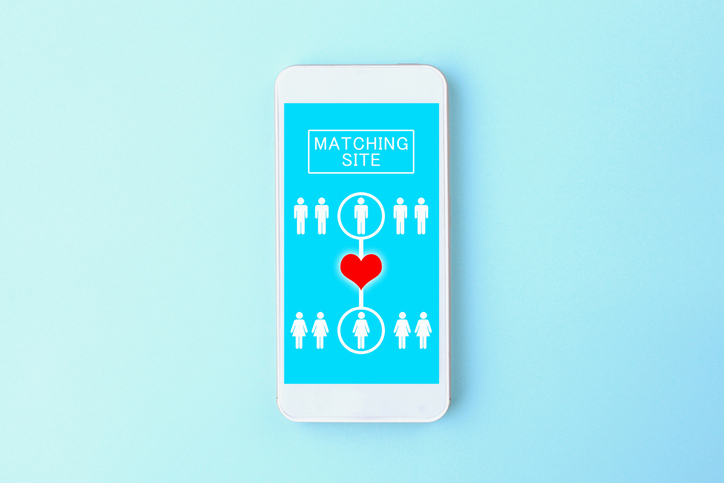Perhaps no tenet of the human experience has inspired greater artistic expression than the concept of romantic love. Humans often yearn to find that special someone. However, as we know from literature, love stories don’t always have a happy ending. In my first installment of an ongoing series about Internet crimes, I take a look at Romance Scams and those who play on the Lonely Hearts Club members amongst us.
Romance Scams
Romance scams are a form of confidence trick. They are not new to the Internet age, though they have flourished in a world where you can reach out to nearly anyone and hide behind the mask of limited accessibility. Over the Internet, you can pretend to be anyone, including a United States Congressman. All you need is a photo (easily lifted anywhere on the Web), a convincing story, and a mark (the intended victim of the scam).
Scammers usually find their marks by targeting dating sites or other locations where individuals looking for love may have their feelers out. Older and divorced women are often targeted, but anyone can be a victim.

Perpetrators of the scams will often research a potential victim on social media, so they can make sure to check the right boxes and present themselves as a perfect match. Do you post a lot about your faith? Then, they will be a gift from God. Enjoy a certain hobby? They do too!
Red Flags
So how do you spot a scammer, as opposed to a legitimate Prince or Princess Charming? First off, they will move fast. Professions of love and even marriage proposals might be forthcoming in weeks, even days, despite never having met face-to-face. Secondly, they may be evasive about meeting in person. Plans to do so will fall through, followed by a variety of excuses. This often leads to the third, and most glaring, warning sign.
They will ask for money.
It may start as simply as asking for money for a passport or plane ticket. Often, there will be a personal hardship, like a sick mother, or a business obligation they claim they need to settle before they can meet. The story is likely personally tailored to play on your sympathies, but it will always involve you sending them money.
Things get worse if you send them money, because you likely will get placed on what the FBI calls the “sucker list.” The scammer shares this list with like-minded criminals, increasing the possibility you will be targeted again.
According to the FBI’s Internet Crime Complaint Center (IC3), losses from these types of scams amounted to more than $475 million dollars in 2019. That is a lot of broken hearts and lives ruined.

6 Tips to Avoid Romance Scams
- Beware of someone who moves too fast.
- Ask a lot of questions.
- Research the person to see if their photo or profile can be found elsewhere online.
- Beware of someone who asks for inappropriate photos or information that could be used against you later.
- Be suspect if the person is evasive about meeting in person, or when plans to do so fall through.
- And most importantly, never send money to someone you do not know personally.
It’s quite common for people find love online today. We live in a digital age making it much easier to meet new people. And clearly, not everyone is a scammer. However, it’s important to be wary of romance scams and exercise caution by following the tips above to make sure you don’t fall victim.

written by
Erich Kafferlin
November 18, 2020
Stay informed with industry-relevant emails curated by our team of experts.
We send out emails once or twice a month relating to IP Services, industry news, and events we'll be attending so you can meet our experts in person.

Erich Kafferlin
Erich is a Senior Privacy & Compliance Specialist for IP Services. He is a graduate of Edinboro University of Pennsylvania, holding a Bachelor of Arts in Speech & Hearing Sciences with postgraduate work in Speech-Language Pathology and Forensic Accounting.



